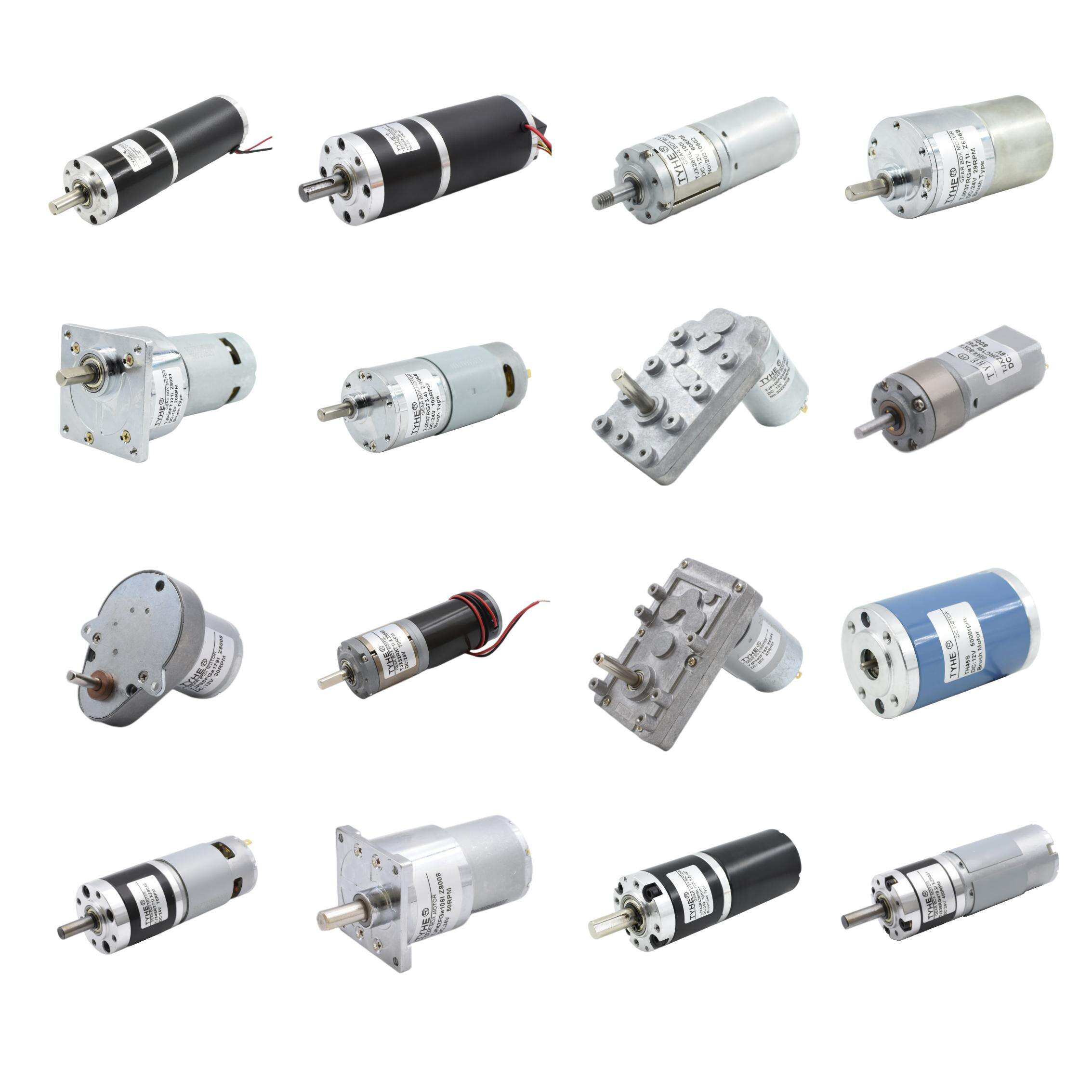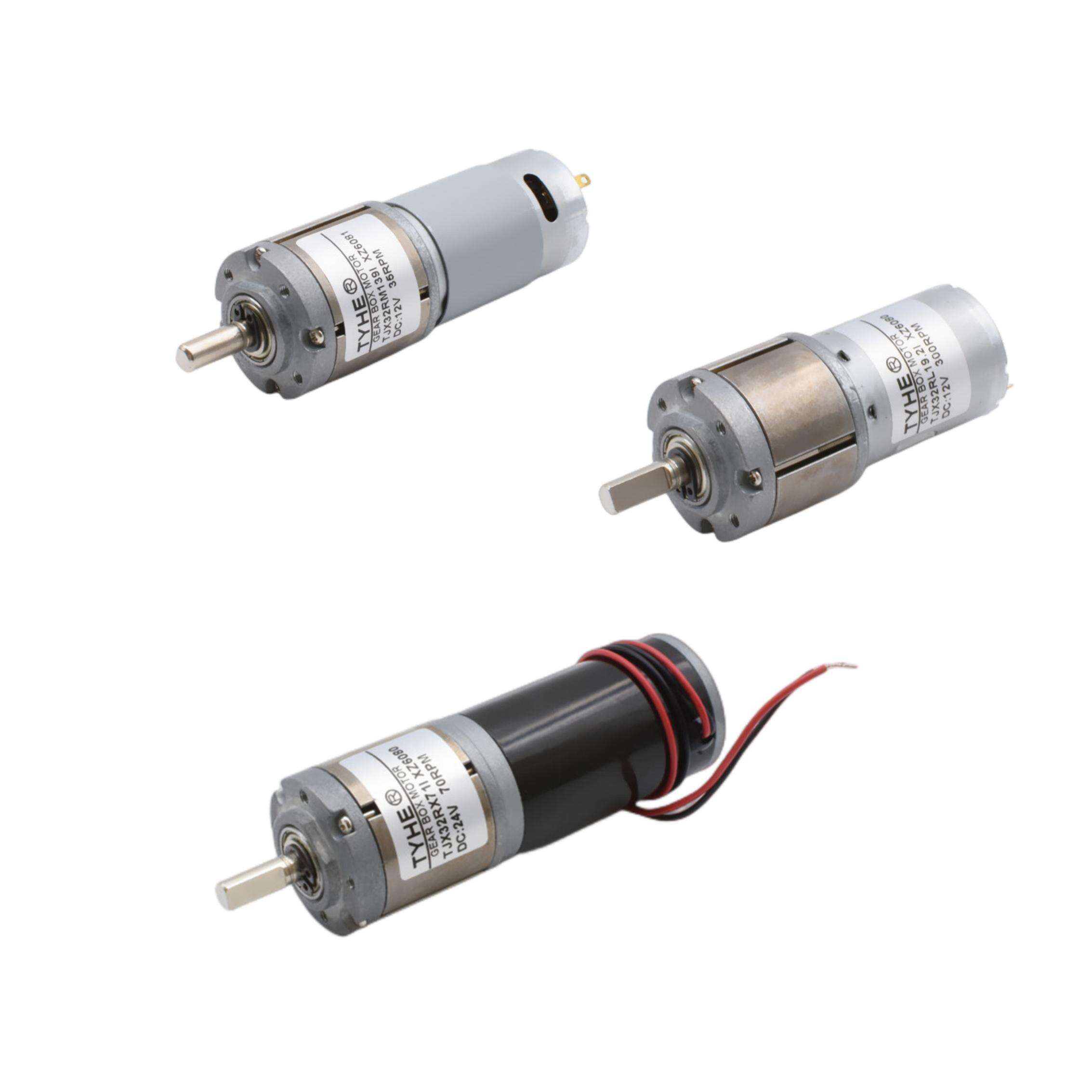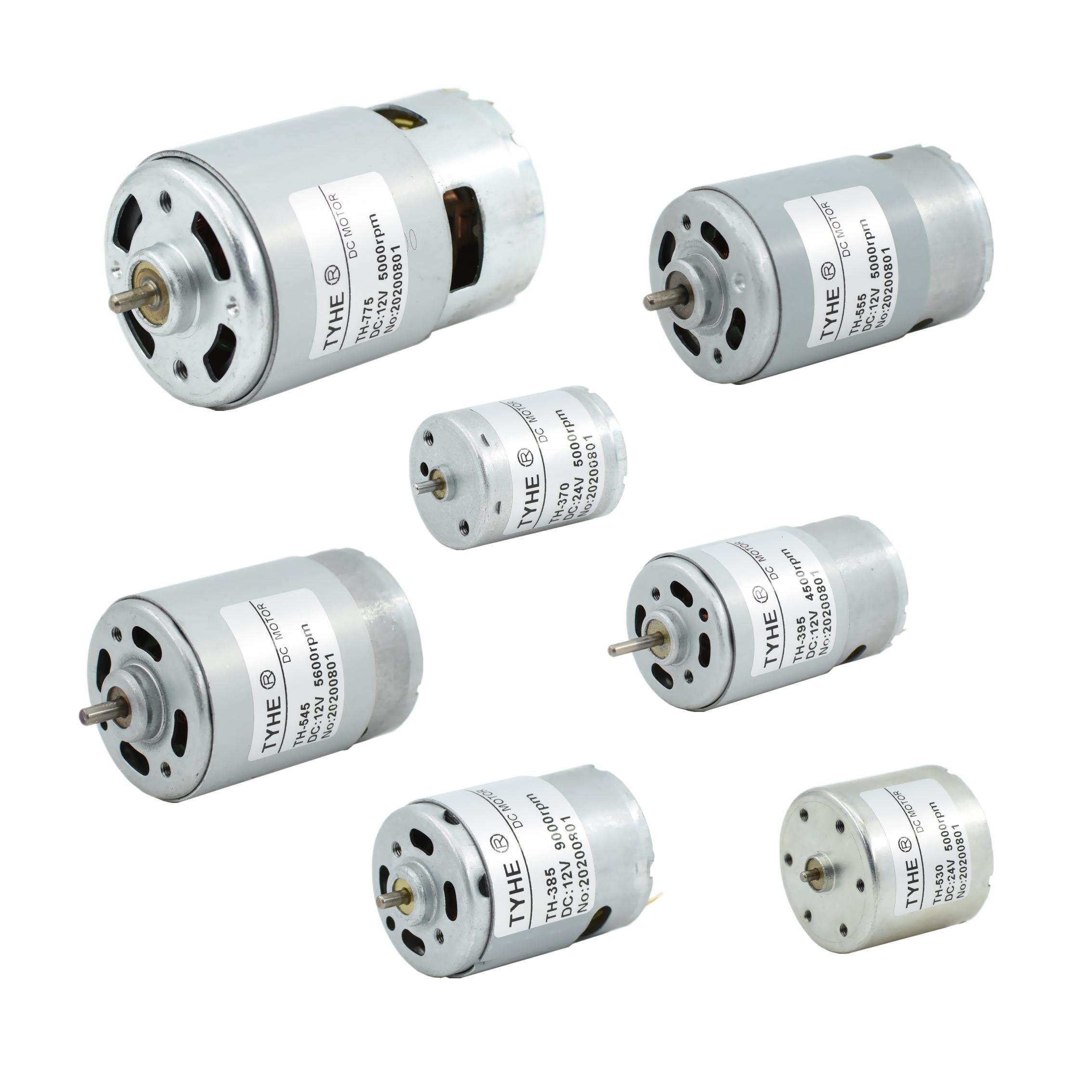dc motor voltage
DC motor voltage represents a fundamental parameter that determines the operational characteristics and performance of direct current motors. This electrical potential difference drives the conversion of electrical energy into mechanical energy, enabling the motor to perform rotary motion. The voltage rating of a DC motor is crucial as it directly influences the speed, torque, and overall efficiency of the motor system. Modern DC motors are designed to operate across various voltage ranges, from low-voltage applications around 3V for small devices to high-voltage industrial systems operating at 240V or more. The relationship between voltage and motor performance follows specific electrical principles, where increasing the applied voltage typically results in higher rotational speeds. This versatility in voltage requirements makes DC motors suitable for numerous applications, from battery-powered portable devices to large industrial machinery. The precise control of DC motor voltage enables accurate speed regulation and position control, making these motors ideal for applications requiring precise movement and variable speed operations. Understanding DC motor voltage is essential for proper motor selection, system design, and implementation of control strategies to achieve optimal performance in specific applications.


